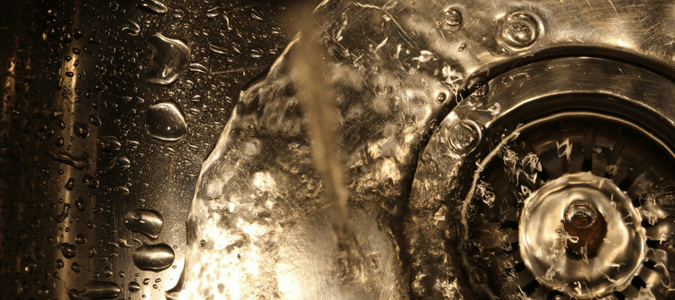Garbage Disposal Humming: Quick Fix Or Big Problem?

We tend not to think much about our appliances. That is, until something goes wrong.
One evening, as you are going about your normal routine, you scrape your leftover food from your dinner plate, turn on the disposal and wait for that familiar and gratifying noise of food heading down your garbage disposal.
But something’s not quite right. What’s that humming sound? There’s supposed to be roaring. Grinding. Not a soft little purr.
But that’s all you’re getting.
What does it mean? Is there some kind of quick fix? Or is your disposal ruined?
We rely on our garbage disposals after pretty much every meal. We expect these appliances to take whatever we throw at them and keep on going, even when you don’t notice and a spoon slips down your drain or your children put eggshells in the garbage disposal.
Unfortunately, these kinds of common plumbing mistakes—as well as just general wear and tear—can cause … Read Full Post »








